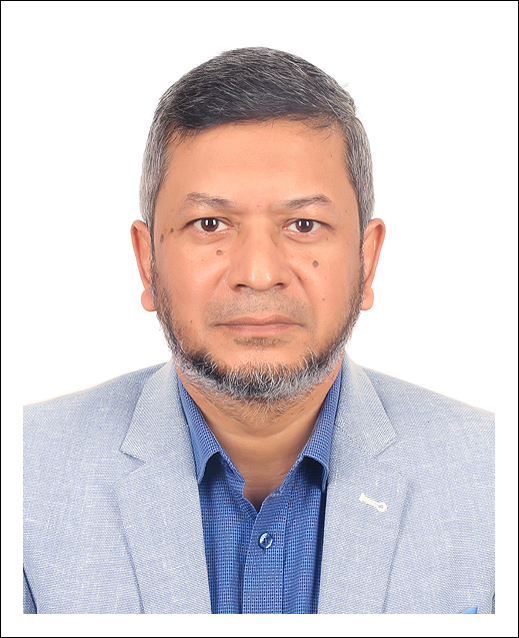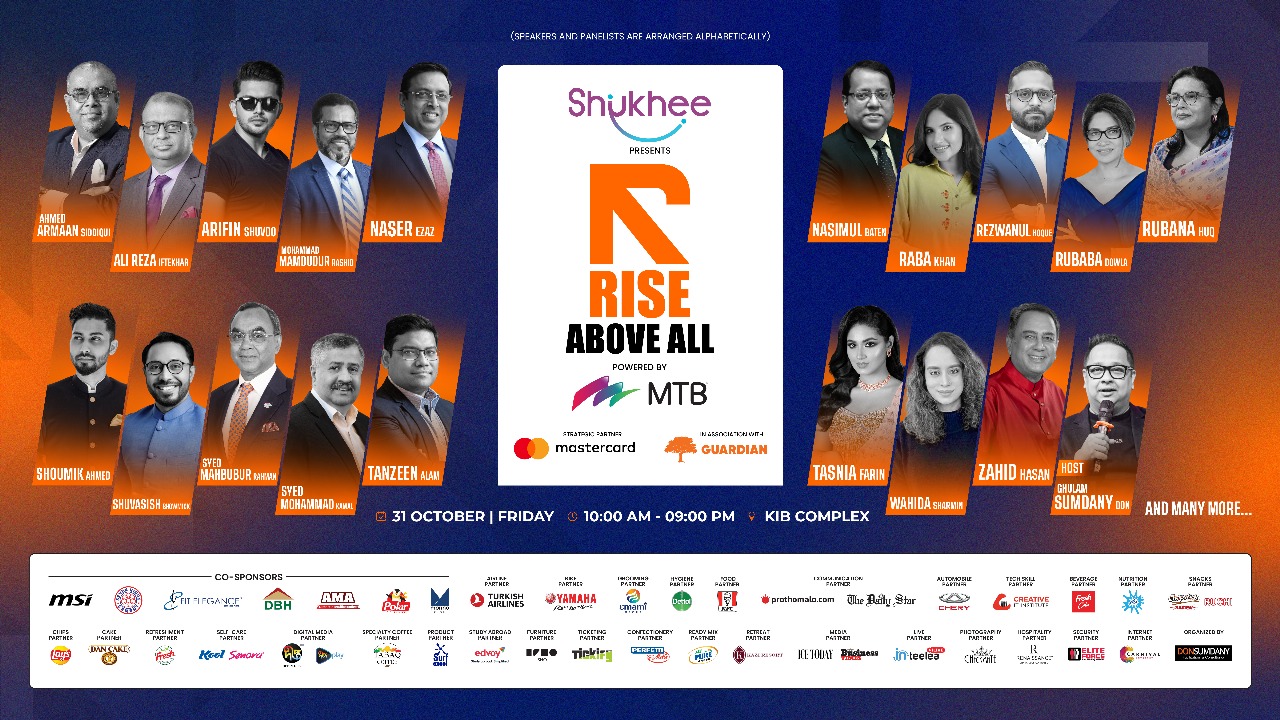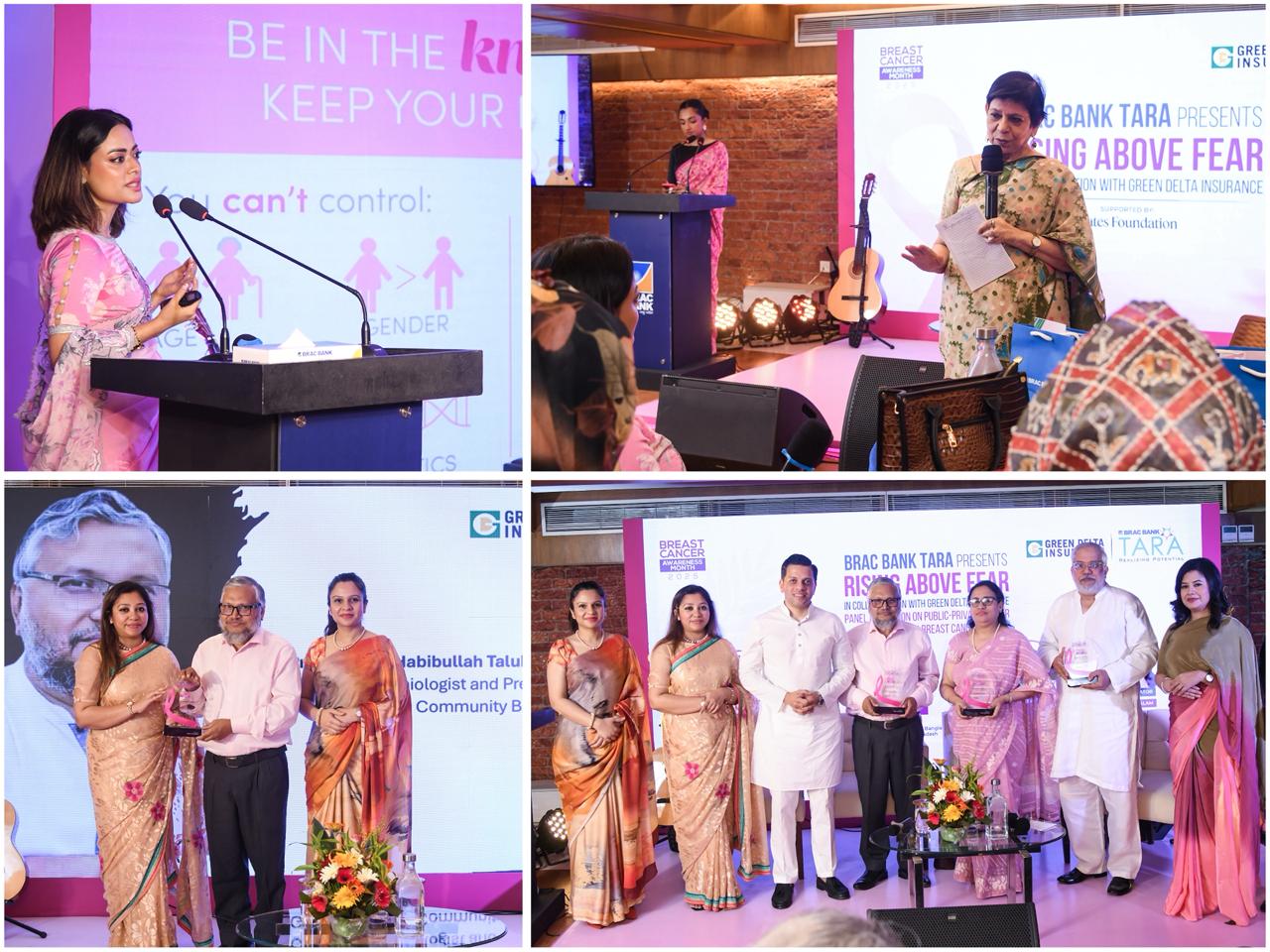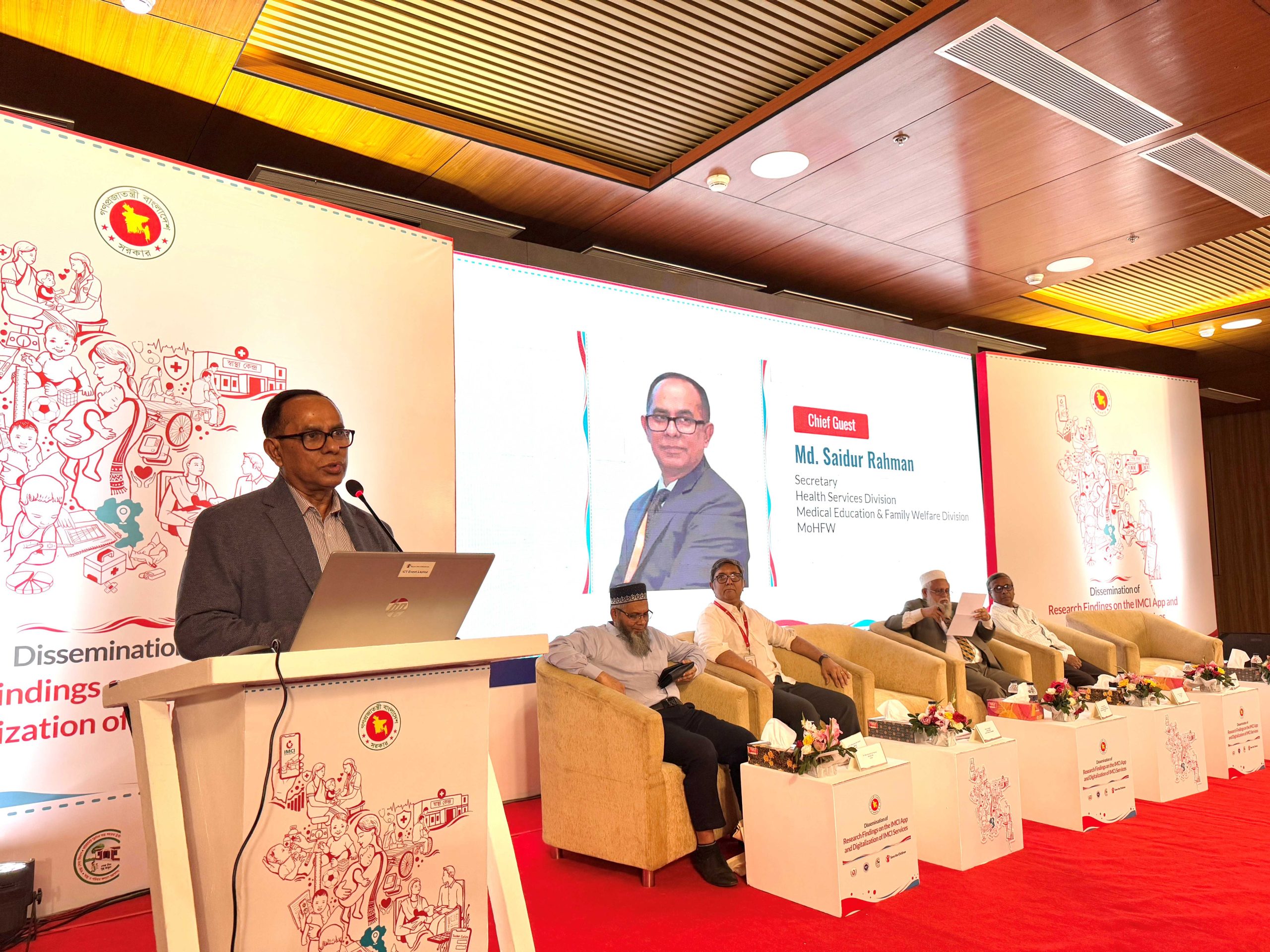The largest industry in Bangladesh still faces many challenges

Vice President, BTMA
Md. Fazlul Hoque is the founder of Ahmed Group and the Vice President of Bangladesh Textile Mills Association (BTMA). He passed his HSC from Notre Dame College, Dhaka and completed his Graduation from Dhaka University. In 2001, he became an entrepreneur by establishing a garments manufacturing company named Sajib Fashion Wear Ltd. after which he slowly expanded his businesses. Presently, Ahmed Group comprises of four companies under the direct supervision of Hoque.
As a Vice President of the BTMA, Hoque attends many workshops, seminars, trade fairs within the country and abroad, organized by commerce ministries, federation of chambers, trade development association, etc.

Bangladesh has been growing as a textile hub and we are now the second largest operator in the global RMG sector. However, we are still encountering numerous challenges as we try to mitigate the ever-growing demand. What is your opinion regarding this matter?
Although this industry is one of the largest in Bangladesh and is still expanding, it faces many challenges. These include inadequate infrastructure, shortages in skilled labor and gas supplies, unstable international cotton prices, erratic supplier behavior, inadequate incentives for expansion, gas price hikes, payment delay by banks on the maturity of bills, stable electricity supplies, political instability and bureaucratic tardiness.
Transportation through highways is a very important factor in the textile industry given that the raw materials are predominantly transported from the factory to the port. There is a necessity for highways to be widened and free of traffic queues for ideal transportation. An uninterrupted gas and electricity supply needs to be provided in order to secure uninterrupted functionality and continuous production. If the government provides these provisions, it will increase profits and indirectly help fulfill the government’s vision for 2020. All political parties should have positive attitude, acting rationally in order to achieve economic growth and increased investment can be nurtured and encouraged. The textile industry is not receiving the sufficient investment due to both external and internal problems, which restrict new investments. The unpredictable internal conditions of Bangladesh cause a rapid decrease of foreign investments in all industries especially the textile. The government should create regulations to control this situation.
Due to infrastructural issues and soaring land prices, textiles and spinning industries are suffering. How do you think this problem can be alleviated?
Entrepreneurs emphasize the necessity to set up and improve industry infrastructural development as a mandatory requirement. The infrastructure situation in Bangladesh is one of the most underdeveloped in the world; it impedes the economic growth of the country. The Government is planning to set up 100 Economic zones to attract new investment. However, this is being delayed because the government cannot ensure uninterrupted electricity and gas in these areas. In addition, the rising price of land and lack of infrastructural facilities further discourage textile industry owners from setting up new industries in the country.
Are the raw materials, such as cotton, that you are importing from India and other countries adequate enough to help you meet the demand?
Bangladesh is the third largest cotton consumer in the world. Last year alone, our textile mills imported approximately 5.5 million bales of cotton from India, Uzbekistan, Pakistan, USA, China, and Africa; 60% of our cotton is export from India. Unfortunately, there are impositions of unethical prohibits on these exports without prior notice. If our textile mills utilized 100% of their capacity, the material requirement for raw cotton would be around 10.50 million bales (480 lbs. per bale)
To be able to employ skilled workers and efficient manpower in this sector, what measures have you taken and what initiatives do you expect from the government?
Despite the large number of workers available in the workforce, there is a shortage of skilled manpower in the textile industry, especially textile engineers and technical personnel. We hope that the government will take steps to meet this demand by introducing government regulated Undergraduate (B.Sc.) and Graduate (M.Sc.) courses with a practical base in both public and private universities. In this context, BTMA is operating a textile-based institute, NITER, under Dhaka University. It runs an undergraduate course on textile engineering with 600 students currently enrolled.
What sort of fiscal allocation are you expecting from the government?
Spinning mills are currently profiting from a 4% cash incentive due to the import of cotton; a rate, which was 5% in the last fiscal year. We are expecting the government to reset this to the 5% rate through which the industry will be additionally relieved.
The cost of production rises directly with the continuous increase in the price of gas. This creates the problem for the local textile industry to compete in the international market. Therefore, we anticipate that the government will reconsider this case. Furthermore, the increased interest rates of the bank’s financing cost will have a prominent effect. We are expecting the government to reduce the bank’s interest to the single digits again.















